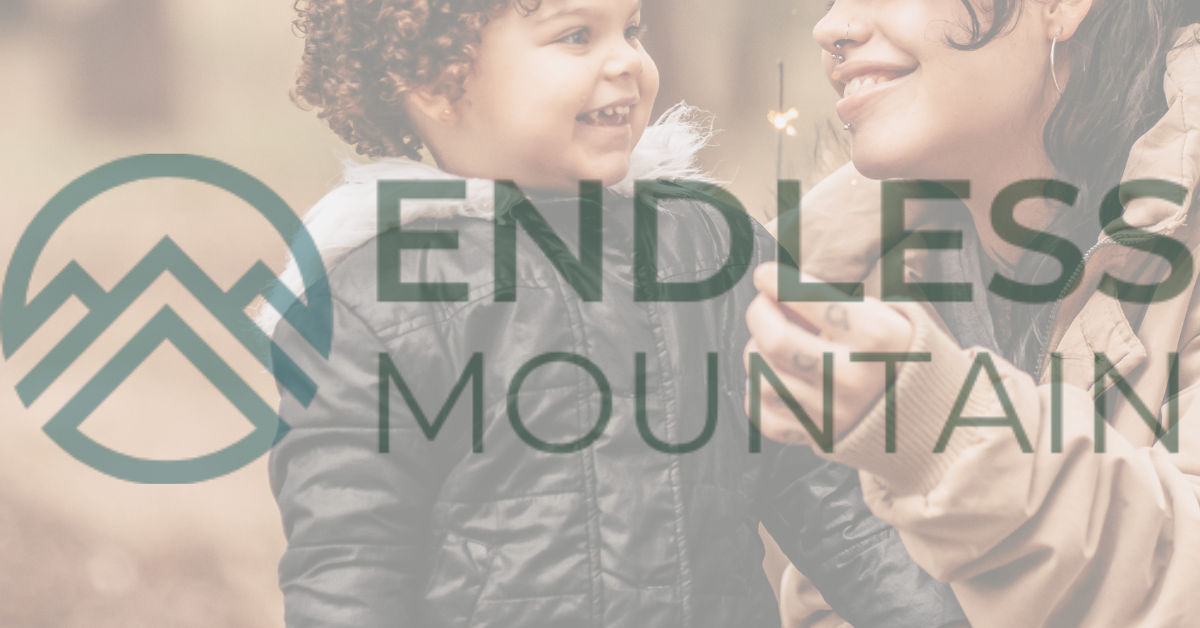Parenting in Addiction: When Should You Tell Your Kids?
Parenting through the challenges of addiction is overwhelming. If you or your co-parent is struggling with substance use, it’s natural to wonder how and when to talk to your children about it. While these conversations can be difficult, having an open and honest dialogue is often the most beneficial approach for your family.
This guide offers practical advice on how to support your children, yourself, and your loved one who is facing addiction.
Timing is Everything: When Should You Talk to Your Kids About Addiction?
There’s no perfect moment to have this conversation, but several factors can help you decide when it’s time:
- Changes in Behavior: If your child has noticed mood swings, inconsistent behavior, or absences, they may already sense something is wrong.
- Age and Maturity Level: Young children (under 8) often require simple explanations. Tweens and teens may benefit from a deeper conversation with room for questions.
- Direct Impact: If addiction is affecting their daily lives or routines, it’s crucial to address it.
- Safety Concerns: If there are any safety risks, including emotional harm, consider involving a counselor or mental health professional to support the conversation.
The Power of Honesty: Why Open Communication is Key
Children are often more perceptive than we realize. Even if no one has explicitly explained the situation, they may sense the stress and uncertainty at home. Being honest provides clarity and builds trust.
- Reduces Confusion: Kids may blame themselves for the situation. Clear communication helps ease their worries.
- Provides Stability: When children understand what’s happening, they are more likely to feel secure.
- Encourages Coping Skills: Conversations about addiction can teach children resilience and how to navigate difficult emotions.
Building a Safe Space: How to Support Your Child Through Addiction
Supporting your child through a parent’s addiction involves creating a space of security and understanding. Here are some helpful tips:
- Be Honest, But Age-Appropriate: Use clear, age-appropriate language. For young children, phrases like “Mom/Dad is sick and getting help” may work. Older kids may benefit from more direct conversations.
- Validate Their Feelings: Encourage your child to share their thoughts. Let them know that any emotions they’re feeling are completely valid.
- Provide Reassurance: Remind them that they are not responsible for their parent’s addiction.
- Maintain Routines: Consistent routines create a sense of safety and normalcy.
- Offer Therapeutic Support: Consider family counseling or child-focused therapy. Many children find it helpful to speak with a mental health professional.
Taking Care of You: How to Support Yourself While Caring for Others
Caring for your children while managing the challenges of addiction can be exhausting. Remember that your well-being is essential too.
- Seek Support: Support groups like Al-Anon or Nar-Anon offer resources for families affected by addiction.
- Practice Self-Care: Take time for yourself, even if it’s just a short walk or journaling.
- Set Boundaries: Establish boundaries to protect yourself and your children from harmful behaviors.
- Reach Out for Professional Help: Therapy and counseling can provide guidance and emotional support.
Encouraging Recovery: How to Support Your Loved One Through Addiction
If your loved one is facing addiction, encouraging their recovery journey can be difficult but necessary. While it’s important to offer support, it’s equally essential to maintain realistic expectations.
- Encourage Treatment: Recommend professional support through detox programs, therapy, or support groups.
- Avoid Enabling: Set clear boundaries to prevent behaviors that may unintentionally enable substance use.
- Practice Compassion: Remember that addiction is a disease. Offer encouragement, but recognize that change takes time.
- Stay Educated: Learn about addiction and recovery to better understand the challenges your loved one is facing.
Moving Forward: Creating a Path to Healing for Your Family
Navigating addiction within a family is never easy, but open communication can create stronger connections and foster healing. Remember, it’s okay to ask for help. Endless Mountain Behavioral Health Center offers counseling, support, and resources for families navigating addiction.
By taking proactive steps to care for your children, yourself, and your loved one, you’re building a foundation for resilience and recovery. If you’re ready to take the next step, reach out to Endless Mountain Behavioral Health Center today for guidance and support.

